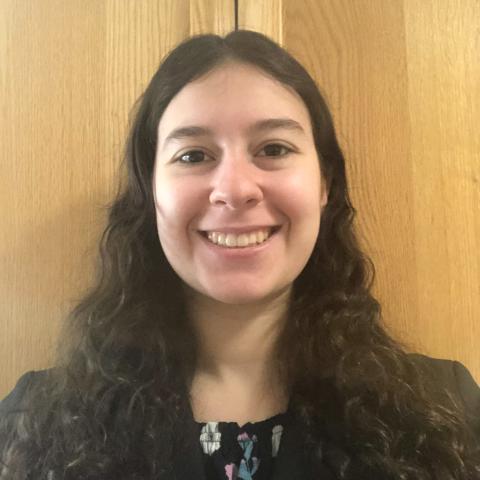Due to the generosity of Howard D. Polsky '73, all Political Science majors at Lehigh University were invited to submit essays on one of two topics this year.
Essay Question 1:
Well informed citizens are essential to a healthy democracy. Regarding the U.S. presidential elections, should Congress enact a law requiring nationally televised debates for party nominees? If so, what requirements should be included in the legislation and why? If the current system of deferring to private party/candidate debate negotiations is maintained, evaluate how effective it has been as a tool for ensuring a well-informed public.
Essay Question 2:
Article II, Section 1 of the United States Constitution provides that the only qualifications to be president are that the person be a natural born citizen of the United States, be a resident of the country for at least 14 years, and be at least 35 years of age. Should this provision be amended to include any other qualifications? Explain your answer, and if so, please draft such an amendment.
2025 Howard D. Polsky '73 Award Winners








